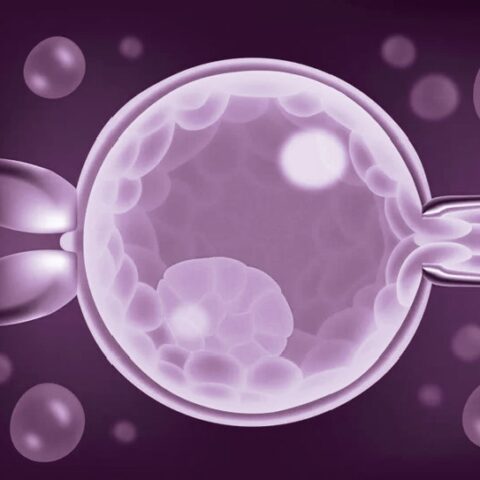Endometrial Immunological Testing (ImMap)

For successful pregnancy, it is important for the maternal and embryonic cells to co-exist in a fine regulation of immunological balance.
Pregnancy is an extremely complex process, whereby the woman’s immune system does not just adjust its functions to welcome the developing embryo, but also actively participates in the implantation and progress of the pregnancy. (text omitted) Recent studies have shown that changes to this balance may lead to the development of complications during pregnancy.
ImMap® analyzes the levels and activity of various endometrial immune cell subpopulations described as active participants in the gestation process (NK cells, Th1, Th2, Th17 and Treg lymphocytes and B lymphocytes). ImMap® allows identification of implantation failure or recurrent miscarriage causes in cases where embryonic factors had been previously ruled out.
Relevant Topics
-
-
KIR/HLA-C Genotyping
KIR/HLA-C Genotyping KIR and HLA-C genotyping is a genetic tests that allows us to evaluate the risk of an...
-
Endometrial Immunological Testing (ImMap)
Endometrial Immunological Testing (ImMap) For successful pregnancy, it is important for the maternal and embryonic cells to co-exist in...
-
Non-invasive Preimplantation Genetic Screening of Chromosomes (niPGT-A)
Non-invasive Preimplantation Genetic Screening of Chromosomes (niPGT-A) This groundbreaking non-invasive procedure (niPGT) eliminates the need for an embryo biopsy...
-
Preimplantation Genetic Testing for Monogenic Defects (PGT-M)
Preimplantation Genetic Testing for Monogenic Defects (PGT-M) In the context of assisted reproduction, the PGT-M method is used to...
-
Preimplantation Genetic Screening of Chromosomes (PGT-A)
Preimplantation Genetic Screening of Chromosomes (PGT-A) It permits selecting only embryos with the right number of chromosomes to be...













